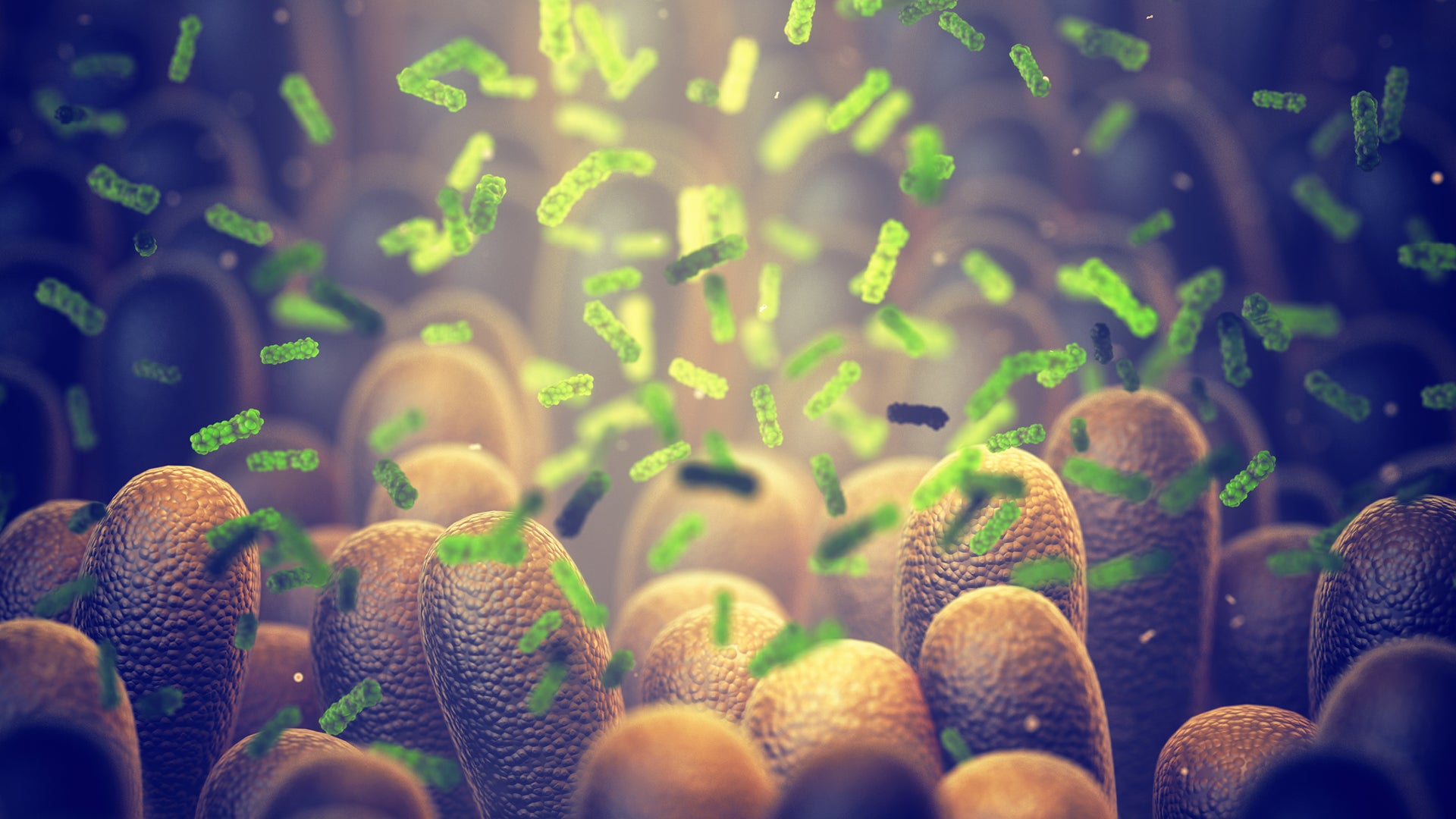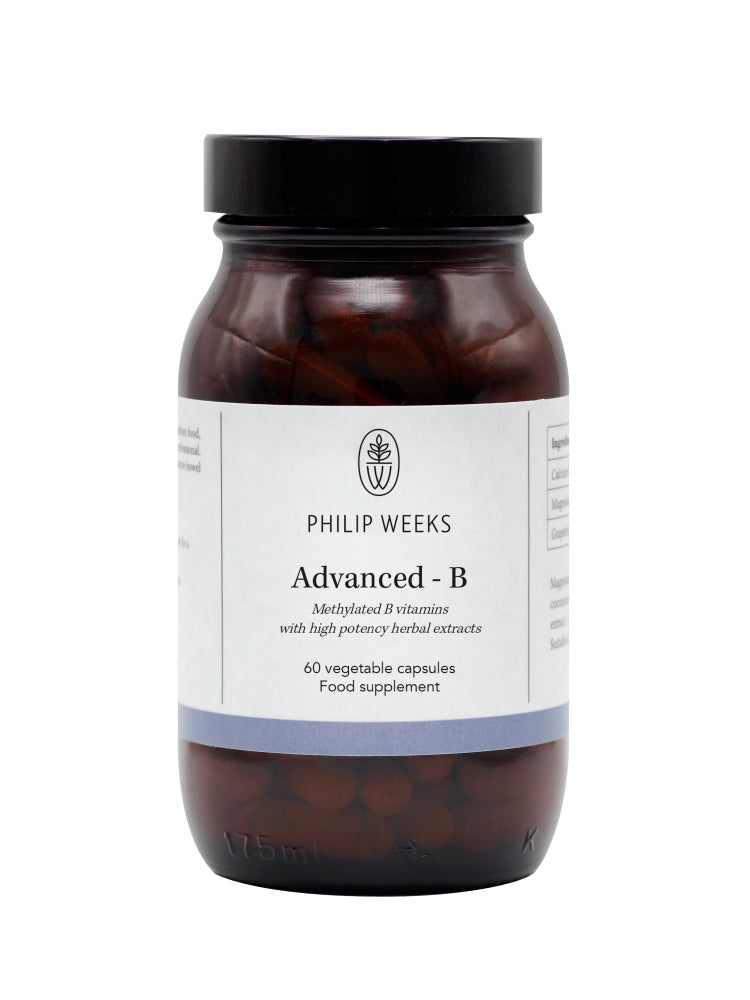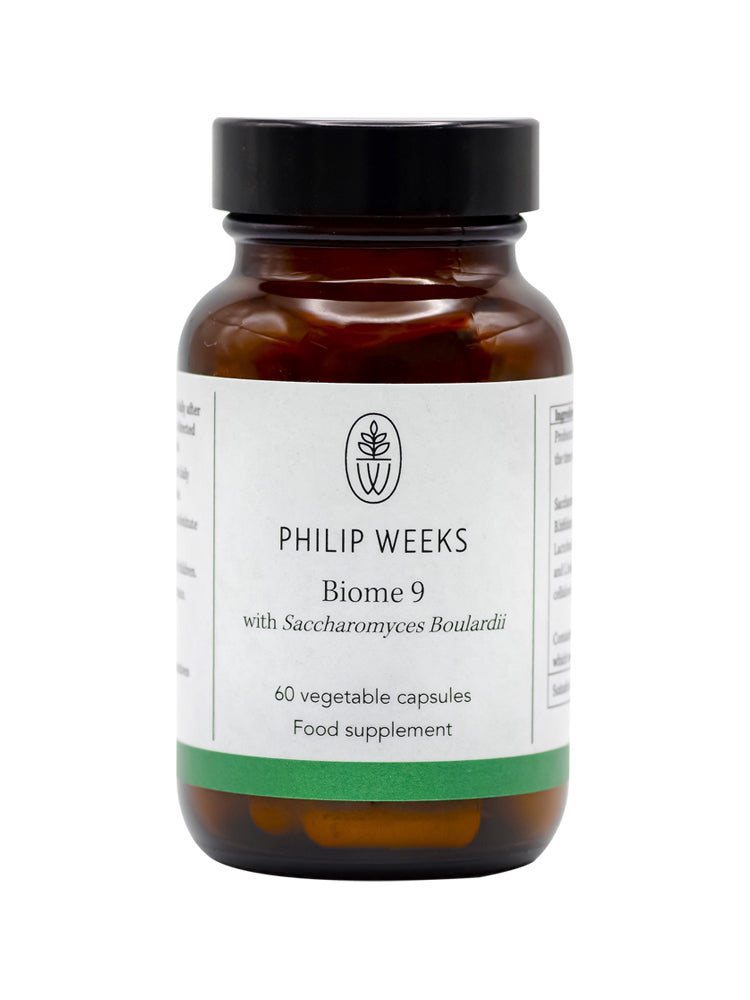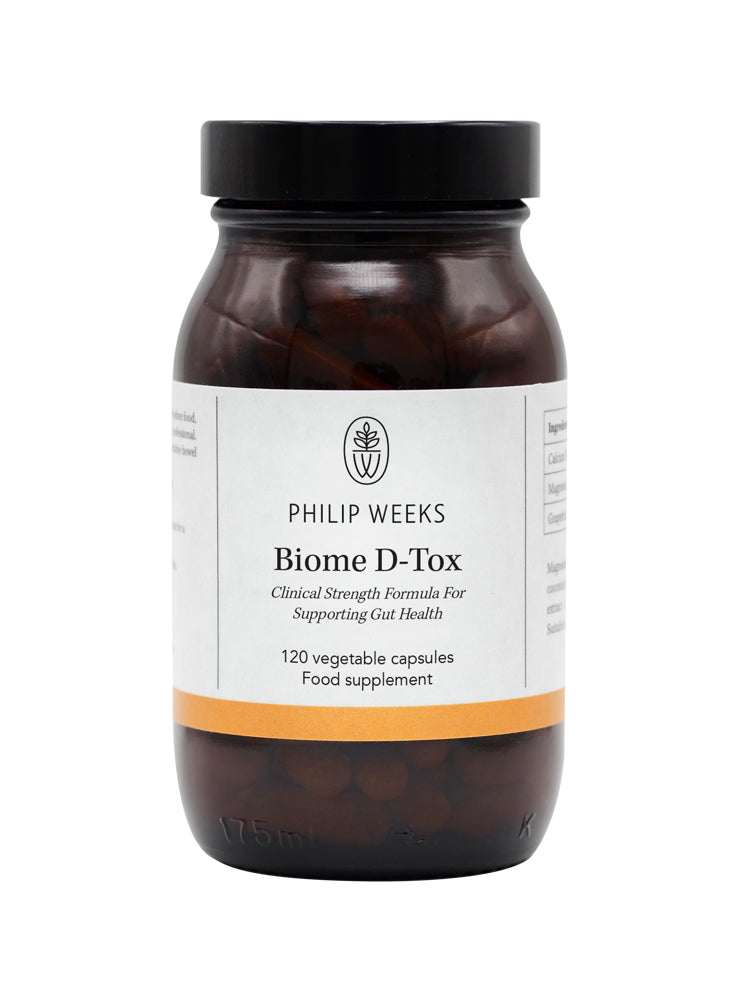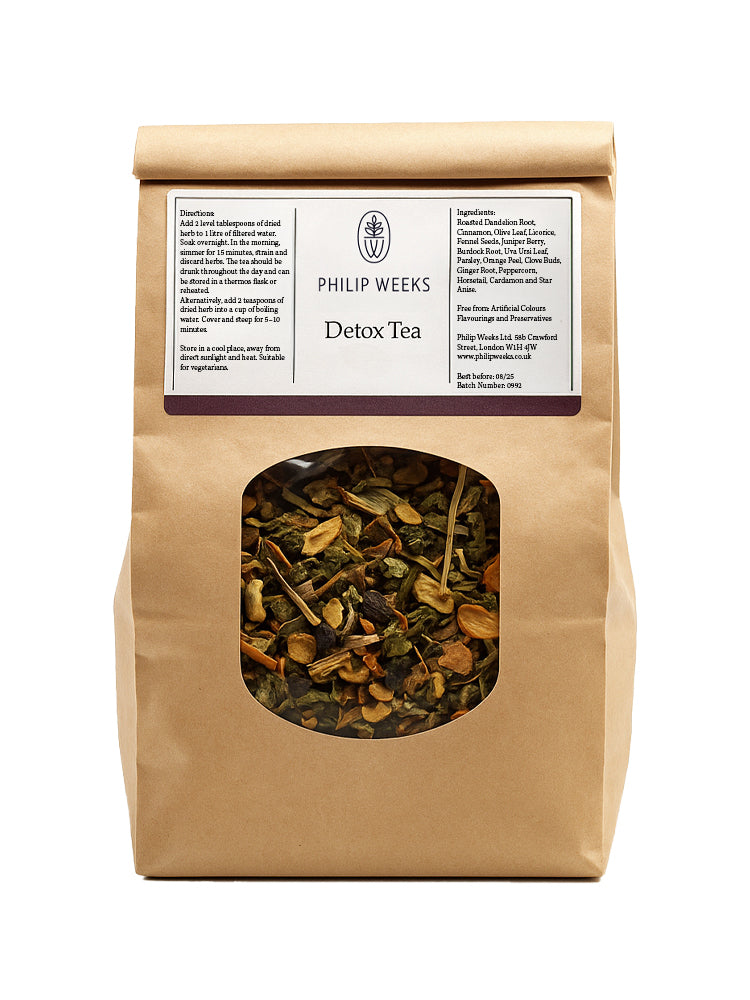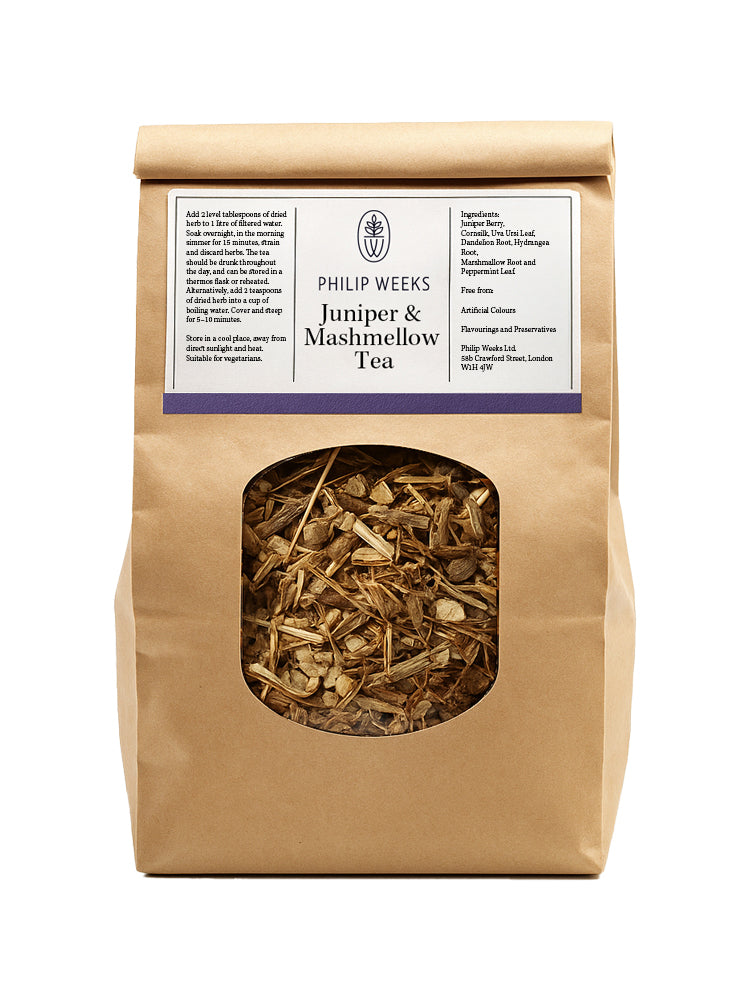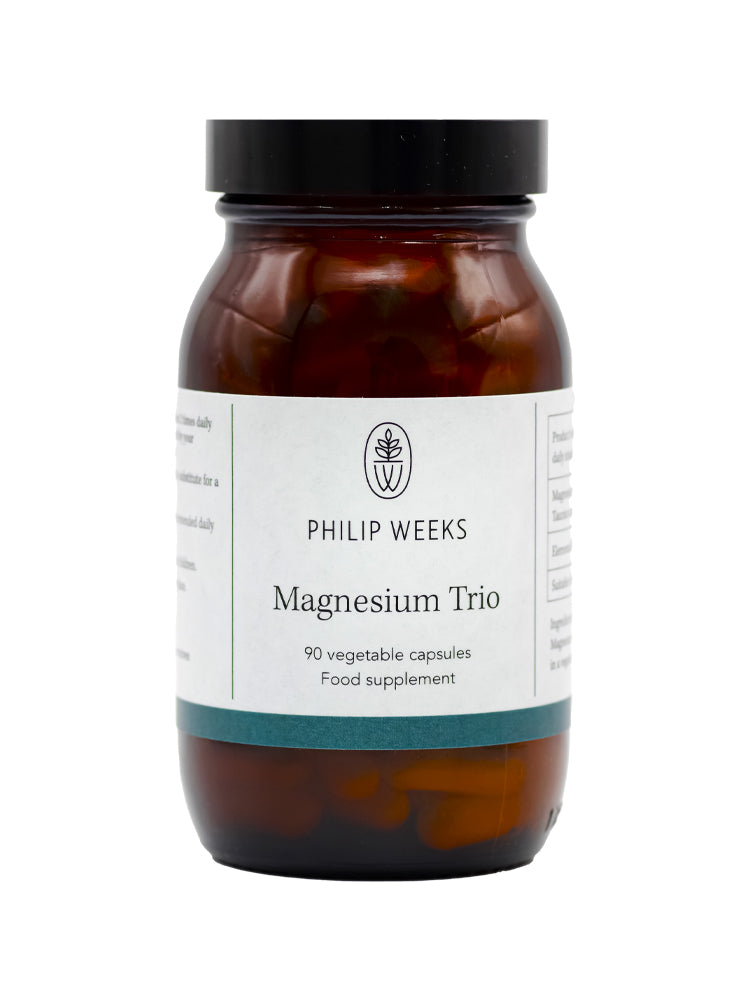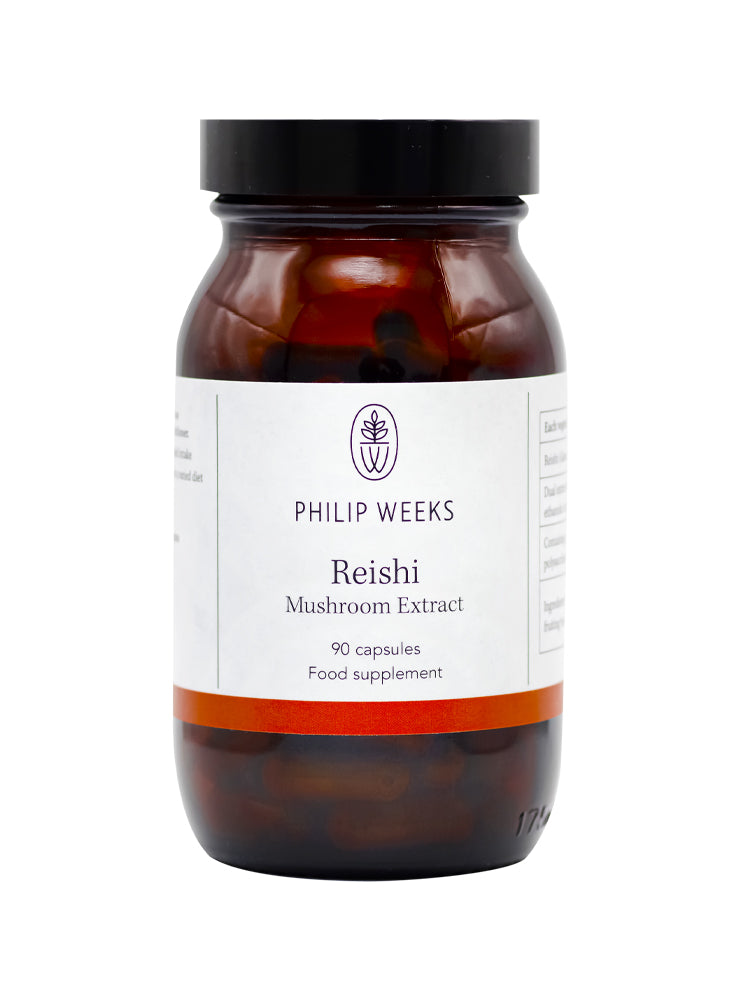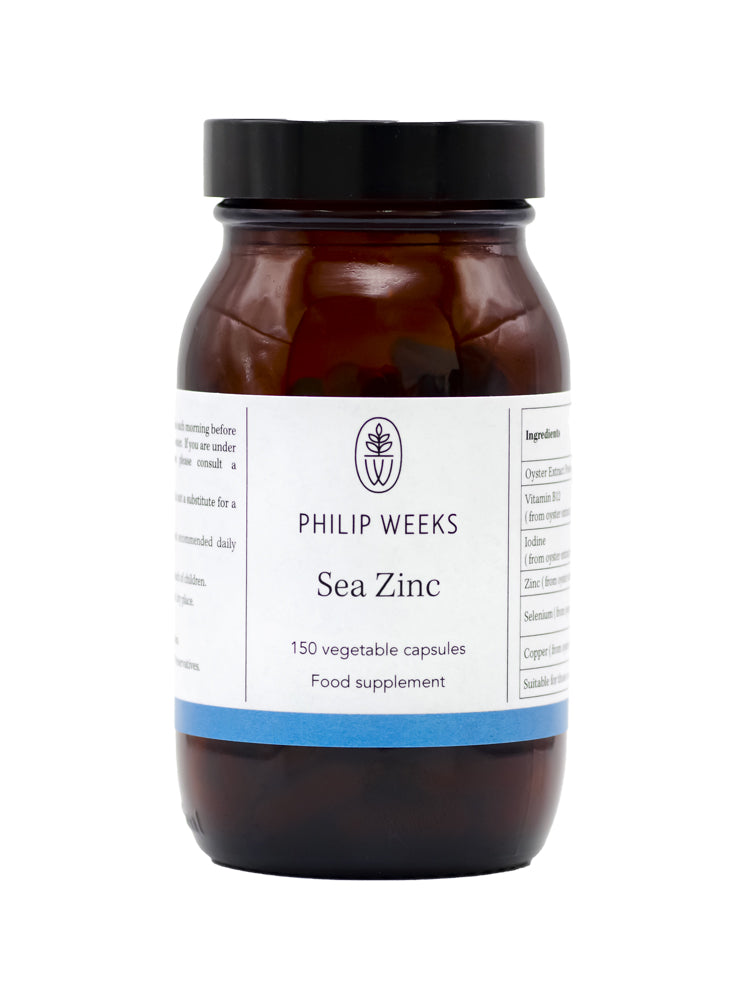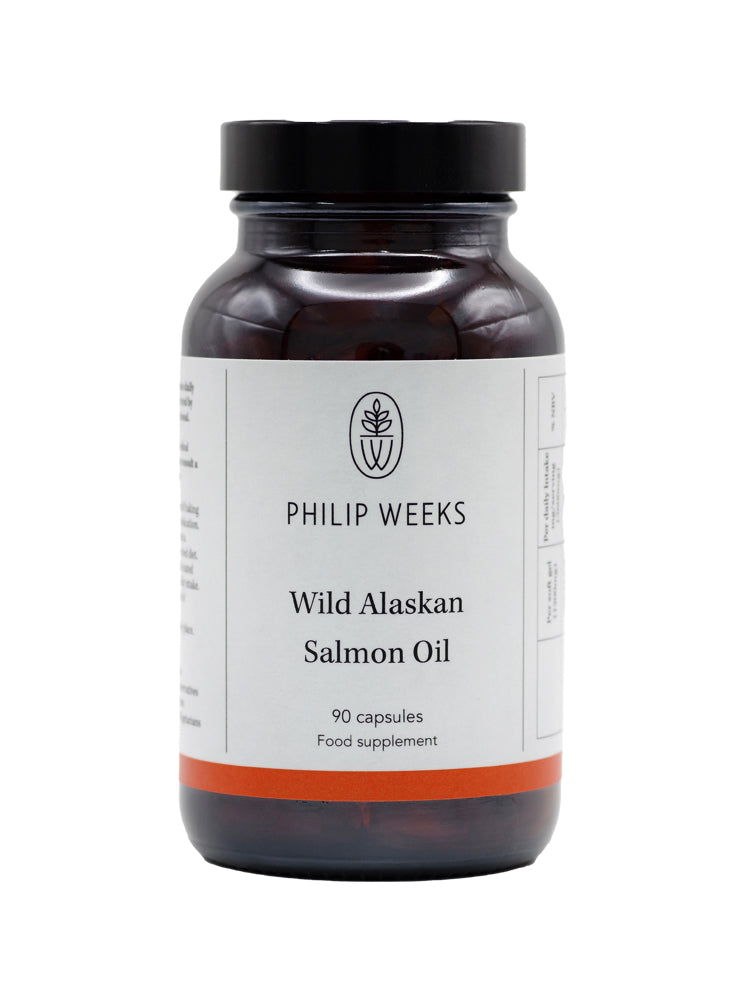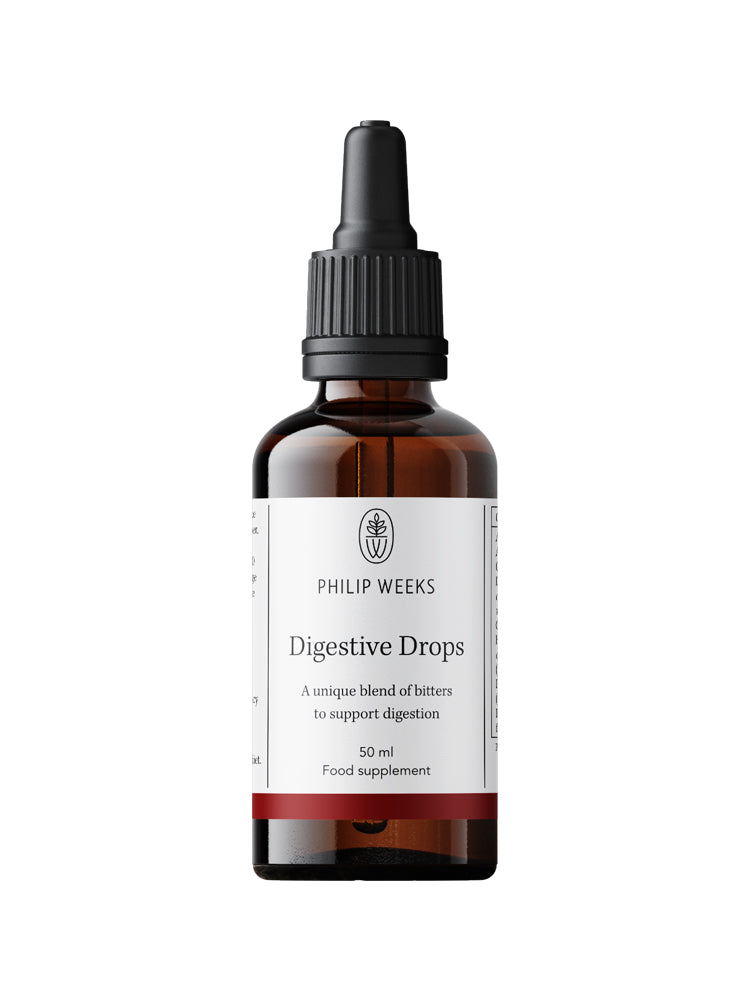Within each of us resides a vibrant ecosystem of trillions of microscopic bacteria, not confined to just our digestive systems, but extending their domain to areas such as our throat, mouth, skin, eyes, ears, nasal passages and even reproductive organs.
Bacteria are often discussed in the context of being only ‘bad’ and a cause of disease. But the diversity of microbiota actually hold the key to our well-being. The many different type of beneficial bacteria in our body play an indispensable role in the intricate balance of our immune system, brain function, and hormonal equilibrium.
This vital contribution stems from the intricate chemical balance they perform, one that wields immediate influence over various bodily functions, even impacting important brain chemical production such as serotonin.
Promoting and supporting these living microbiota serve as a cornerstone for our mental, emotional and physical health. A rich and diverse microbiome supports all of our bodily systems. Not only contributing to good digestive health, but our overall immunity as well.
There is a growing amount of research which links the microbiome of the gut to variations in human behaviour. Known as the gut - microbiome - brain axis. An interesting example of this is a study that showed that the more sociable a person is the more diverse their gut bacteria!
The overuse of antibiotics, lifestyle factors, poor diet, stress and illness can reduce the overall diversity of our gut bacteria. A gut low in bacterial diversity has been associated with a number of chronic diseases such as :
-
Allergies
-
Autoimmune Diseases
-
Arthritis
-
Challenges with fertility
-
Chronic fatigue syndrome
-
Colorectal cancer
-
Cardiovascular Disease
-
Inflammatory Bowel Disease
-
Insulin resistance and Type II diabetes
-
Obesity
-
Polycystic ovary syndrome (PCOS)
The consumption of ultra processed food can decimate our beneficial microbiome. More recent research shows that various additives in our food reduce the diversity in the gut which is one mechanism how ultra processed food undermines our health and resilience. An example of just how many chemicals we are ingesting is by looking at the ingredients of a standard loaf of bread from a well known supermarket.
White Medium Sliced Bread
Fortified wheat flour (wheat flour, calcium carbonate, iron, niacin, thiamin), water, yeast, salt, preservative (calcium propionate), soya flour, emulsifier (mono- and diacetyl tartaric acid esters of mono- and diglycerides of fatty acids), rapeseed oil, spirit vinegar, flour treatment agent (ascorbic acid).
 I would really question how a lot of these ingredients are even classified as food?!
I would really question how a lot of these ingredients are even classified as food?!
As oil and water don't mix, an emulsifying agent is added to many products to give the food product a smooth texture and add to its shelf life. There emulsifiers can be from a number of sources, they can be plant sources such as Xanthum Gum and Guar Gum, animal sources such as Carrageenan as well as those that are synthetically created such as Sodium stearoyl-2-lactylate (E481).
The emulsifiers in refined foods seem to have a hugely detrimental effect on not only the gut bacteria but potentially degrading the lining of the gut.
We often test our patients gut bacteria and a lack of bacterial diversity is a real red flag as it has been linked with many health issues such as autoimmune conditions, obesity, depression and inflammation.
Ways to increase the diversity of your gut bacteria:
-
Avoid ultra processed foods. Eating these foods is a disaster for our gut bacteria. Emulsifiers are particularly bad for our microbiome diversity and are even continued in poor quality nutritional supplements. They are typically present in:
-
Margarine and reduced-fat spreads usually contain mono and diglycerides of fatty acids (E471) and lecithin (E322). (E477) and lactic acid esters are used in commercial margarines.
-
Chocolate (Often contain soya lecithin (E322) or ammonium phosphatide (E442).
-
Ice cream and other frozen dessert blends (Mono and diglycerides of fatty acids (E471), lecithin (E322) and polysorbates (E432, E436).
-
Mayonnaise (Xanthan gum, E415).
-
Bread (mono- and diacetyl tartaric acid esters of mono- and diglycerides of fatty acids E471.
-
Baked products such as biscuits (almost all produced contains emulsifiers such as sorbitan esters (E491-E495).
-
Processed meats and meat substitutes (mono and diglycerides of fatty acids (E471) and citric acid esters (E472c).
-
Reduce the intake of refined carbohydrates and sugar as they can contribute to an imbalance in our gut by feeding certain kinds of bacteria which are associated with inflammation. A high intake encourages the production of yeast and candida which is also problematic.
-
Take Probiotics: these can help increase the bacterial diversity in the gut which is why I developed Biome 9.
-
Fermented foods. Eating raw sauerkraut, kefir, yoghurt, fermented cheese, small amounts of kombucha can be very helpful. What seems to be most helpful is small amounts of fermented foods eaten every day.
-
Fasting: Periods of not eating also supports our overall microbiome as the more destructive bacteria tend to die off first when food supply is temporarily restricted.
-
Exercise: Not only does it increase microbial diversity but also seems to support the production of short-chain fatty acid synthesis and the metabolism of carbohydrates.
Shop Biome 9 - Advanced Probiotics

